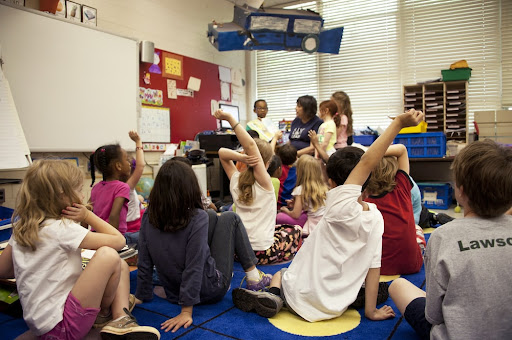Theoretical framework vs. theoretical perspective
While these two terms may sound similar, they play very distinct roles in qualitative research. A theoretical perspective refers to the philosophical stance informing the methodology and thus provides a context for the research process. These perspectives could be rooted in various schools of thought like postmodernism, constructivism, or positivism, which fundamentally shape how researchers perceive reality and construct knowledge. On the other hand, the theoretical framework represents the structure that can hold or support a theory of a research study. It presents a logical structure of connected concepts that help the researcher understand, explain, and predict how phenomena are interrelated. The theoretical framework can pull together various theories or ideas from different perspectives to provide a comprehensive approach to addressing the research problem. Moreover, theoretical frameworks provide useful guidance as to which research methods are appropriate for your research project. If the theoretical framework you employ is relevant to individual perspectives and beliefs, then interviews may be more suitable for your research. On the other hand, if you are utilizing an existing theory about a certain social behavior, then ethnographic observations can help you more ably capture data from social interactions. Later in this guide, we will also discuss conceptual frameworks, which help you visualize the essential concepts and data points in the context you are studying. For now, it is important to emphasize that these are all related but ultimately different ideas.Example of a theoretical framework
Let's look at a simple example of a theoretical framework used to address a social science research problem. Consider a study examining the impact of social media on body image among adolescents. The theoretical perspective might be rooted in social constructivism, based on the assumption that our understanding of reality is shaped by social interactions and cultural context. The theoretical framework, then, could draw on one or several theories to provide a comprehensive structure for examining this issue. For instance, it might combine elements of "social comparison theory" (which suggests that individuals determine their own social and personal worth based on how they stack up against others), "self-perception theory" (which posits that individuals develop their attitudes by observing their own behavior and concluding what attitudes must have caused it), and "cultivation theory" (which suggests that long-term immersion in a media environment leads to "cultivation", or adopting the attitudes and beliefs portrayed in the media). This framework would provide the structure to understand how social media exposure influences adolescents' perceptions of their bodies, how they compare themselves to images seen on social media, and how these influences may shape their attitudes toward their own bodies.Other examples of theoretical frameworks
Let's briefly look at examples in other fields to put the idea of "theoretical framework" in greater context.Political science
In a study investigating the influence of lobbying on legislative decisions, the theoretical framework could be rooted in the "pluralist theory" and "elite theory". Pluralist theory views politics as a competition among groups, each one pressing for its preferred policies, while elite theory suggests that a small, cohesive elite group makes the most important decisions in society. The framework could combine these theories to examine the power dynamics in legislative decisions and the role of lobbying groups in influencing these outcomes.Educational research
An educational research study aiming to understand the impact of parental involvement on children's academic success could employ a theoretical framework based on Bronfenbrenner's ecological systems theory and Epstein's theory of overlapping spheres of influence.
The ecological systems theory emphasizes the importance of multiple environmental systems on child development, while Epstein's theory focuses on the partnership between family, school, and community. The intersection of these theories allows for a comprehensive examination of parental involvement both in and outside of the school context.

